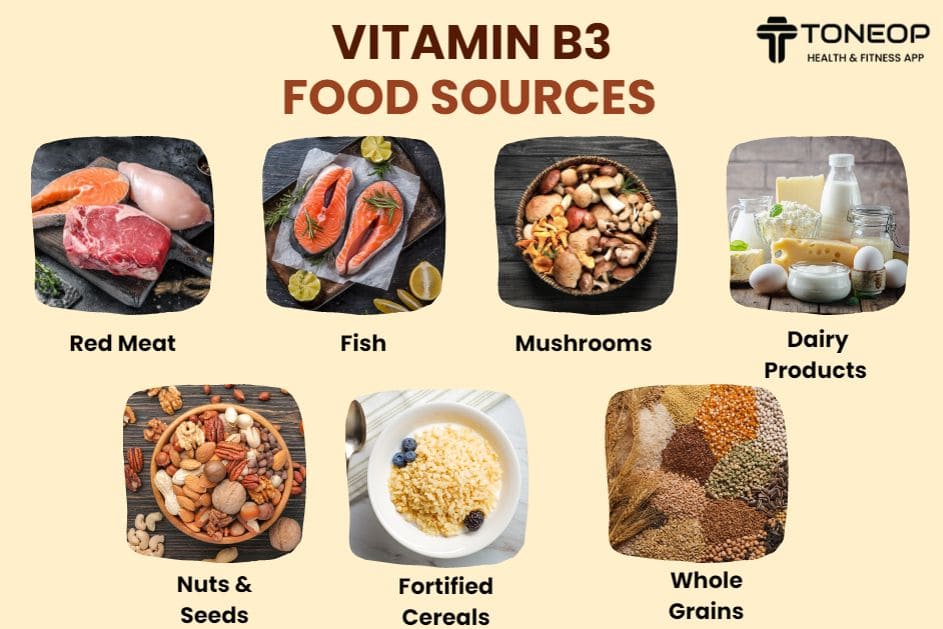While vitamins like C and D often grab the spotlight, Vitamin B3—also known as niacin—quietly plays a crucial, life-supporting role in the background. From powering your metabolism to protecting brain health and repairing DNA, B3 is the unsung hero your body depends on every day.
Often praised for improving skin and lowering cholesterol, the real power of niacin runs deeper. It acts like a silent technician working behind the scenes—repairing cells, regulating digestion, and supporting cognitive function.
Myth: Vitamin B3 is Only for Energy
It’s true that B3 helps convert food into energy. But it does much more than that. Niacin supports nervous system function and plays a vital role in DNA repair. In fact, emerging research shows that niacin may help slow cognitive decline in aging adults by reducing brain inflammation and oxidative stress—key drivers of memory loss. It’s not just a “feel good” vitamin—it’s a “think clearly and age gracefully” one.
Myth: B3 Deficiency is Rare in Modern Diets
While severe deficiency (pellagra) is uncommon today, mild niacin deficiency often goes unnoticed—especially in vegetarian or highly processed diets. Symptoms like chronic fatigue, poor concentration, and skin irritation can all hint at low B3 levels.
In India, where polished rice and refined wheat dominate many meals, and traditional cooking methods like fermentation are fading, the body’s ability to absorb niacin can drop—often without detection.
Best Natural Sources of Vitamin B3 (Niacin)
While liver, poultry, and fatty fish are excellent sources of B3, they’re not always staples in Indian households—especially vegetarian ones. Fortunately, several plant-based options can help meet your daily needs:
- Groundnuts (Peanuts): One of the richest vegetarian sources of niacin. A daily handful goes a long way.
- Sunflower Seeds: Easy to sprinkle into salads, smoothies, or even poha.
- Whole Wheat Atta (with bran): Retains more B3 than refined wheat.
- Rajgira (Amaranth) & Sabudana (Tapioca): Fasting favorites that also support your B-vitamin intake.
- Curry Leaves: Modest but consistent in niacin content—regular tempering adds nutritional value.
Unlocking Niacin with Fermentation
Traditional Indian practices like fermenting rice and lentils (as in idli or dosa batter) enhance the bioavailability of niacin and other nutrients. Fermentation breaks down compounds that inhibit absorption, making B3 easier for the body to use—without changing the ingredients themselves.
Bonus: Spice Support
Turmeric, chillies, and curry leaves don’t provide large amounts of B3, but they improve gut health and digestion—helping your body absorb more vitamins from food. These everyday flavor boosters play a hidden but powerful role in your nutrient intake.
Read also: https://newsonthego.in/5-common-supplements-that-could-secretly-harm-your-kidneys/




